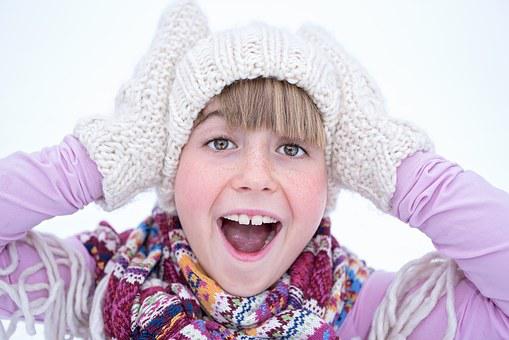
Culture shock in Asia
Objectives
Future perfect and future perfect continuous Mixed conditionalsReading
|
Every
culture has some sort of person-to-person greeting. But they are different
all over the world. In some countries such as the United States, handshakes
and hugs are the norm. In many European cultures, kisses on the cheek or air
kisses are the thing to do when greeting people. And if you play on a sports
team, high fives may be the greeting – no matter what your cultural background.
These are our traditions during normal times. The
World Health Organization recently declared the new coronavirus a “pandemic.”
Health officials all over the world are urging people to wash their hands
frequently. People are warned to avoid large crowds and to practice social
distancing to control the spread of the disease. This has led to new ways of
greetings around the world. Changes
in the workplace Zheng
Yu Wen is a television host for Voice of America’s China service. Her job
involves contact with many on-air guests. So, she says she has changed her
guest greeting policy. “So, starting today I was telling all my guests who
appear in the studio – we don’t shake hands anymore. We do elbow touch, we do
foot tapping or, we say, foot kissing...” Another journalist in VOA China’s
branch, Sharon Wu, is taking a different approach. For now, she has not
changed the way she greets guests. However, she has a new after-greeting
habit – group hand-washing. “Recently
we’ve had some guests coming to the studio. And for me, I still shake hands
with them. But after that I say, ‘Okay. Let’s both go to the restroom and
wash hands.’ Mir Abdul Moshref works at Voice of America in the Afghan
service. He says that while hugging between men and women is not common, same-sex
hugging is. However, those who used to hug have started using new ways of
greeting people. “Usually
people are not shaking hands. But, they are greeting verbally. They are not
hugging, which is common among Afghans here in my service. We are just elbow-touching
and sometimes we are kicking feet with each other. And sometimes we are just,
you know, having a bump-bump to each other.” In Iran, people have used a
similar greeting called “butt bump.” Besides
the foot kick, butt bump and elbow touch, there are other ways to greet
people without touching. Many Asian cultures already use non-contact
greetings. So, people in this part of the world may have an easier time
avoiding person-to-person contact. In Japan, a deep bow with both hands kept
down to the sides is a traditional greeting. No
more kissing ... for now In
Europe, kissing is a common way to greet people. People in France and other
parts of Europe often use two kisses – one on each cheek – or in the air as a
greeting. People in Switzerland give three kisses. Reuters reported that
health officials in Switzerland and France have advised people to stop the
traditional kiss greeting. And the Italian government has banned kissing in
an effort to stop the spread of the disease. This is not the first time a
government has made lip contact between people forbidden. In 1439, kissing
was temporarily banned in England during ceremonies involving King Henry VI.
This was to avoid endangering the King’s life during the Plague. Retrieved
February 29, 2020 from https://learningenglish.voanews.com/a/no-handshake-no-kiss-greetings-in-the-age-of-coronavirus/5326685.html |





